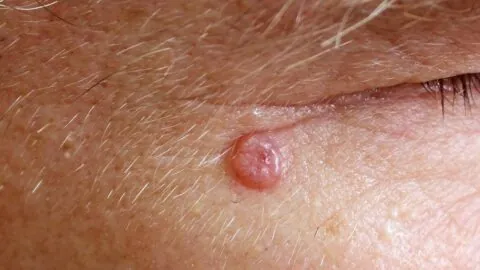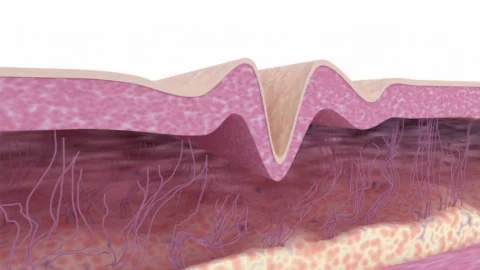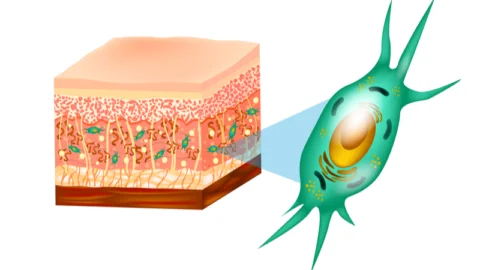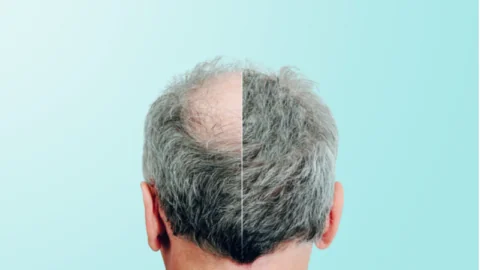November 20, 2023
A new paper published in Nature has described how the aging extracellular matrix makes it easier for cancer to grow. When cancer is skin deep Under normal circumstances, we lose and regain skin cells constantly. Old skin flakes away, and stem cells constantly divide and differentiate to replace it. This is a homeostatic balance, and...
June 19, 2023
A placebo-controlled, double-blinded human clinical trial published in Bioscience, Biotechnology, and Biochemistry has determined that collagen peptide ingestion reduces the amount of advanced glycation end-products (AGEs) in the skin. When the Maillard reaction is a problem Advanced Glycation End Products in Disease and AgingAdvanced glycation end products (AGEs) result from a reaction between reducing sugars...
February 21, 2023
The Journal Club, hosted by Dr. Oliver Medvedik, returns to the Lifespan.io Facebook page at 12:00 on Tuesday, February 28th. This month, we are covering a recent paper that showed a method of restoring youthful collagen production in aged skin [1]. If you would like some background, check out our article 'New Way to Help...
January 27, 2023
Scientists have demonstrated that extracellular vesicles loaded with mRNA coding for collagen production can be easily produced and delivered into aging fibroblasts in vitro and in vivo, boosting collagen levels and eliminating signs of skin aging in mice [1]. Superior delivery method Finding a good way to deliver molecular cargo into cells is important. Some...
September 08, 2022
Researchers publishing in Aging have identified an individual protein, secreted frizzled-related protein 4 (SFRP4), that is produced by senescent cells and contributes to skin aging in mice. The spread of the SASP Why we Age: Cellular SenescenceAs your body ages, more of your cells become senescent. Senescent cells do not divide or support the tissues...
August 25, 2021
Last week, a new study published in Aging reported similar mechanisms of TGF-ß2 and collagen on hair follicle aging, dermal papilla cell senescence, and in vitro spheroid formation. Aging hair follicles Hair follicles reside in the epidermal and dermal skin layers. At their base is the dermal papilla, where hair growth is controlled by dermal...






